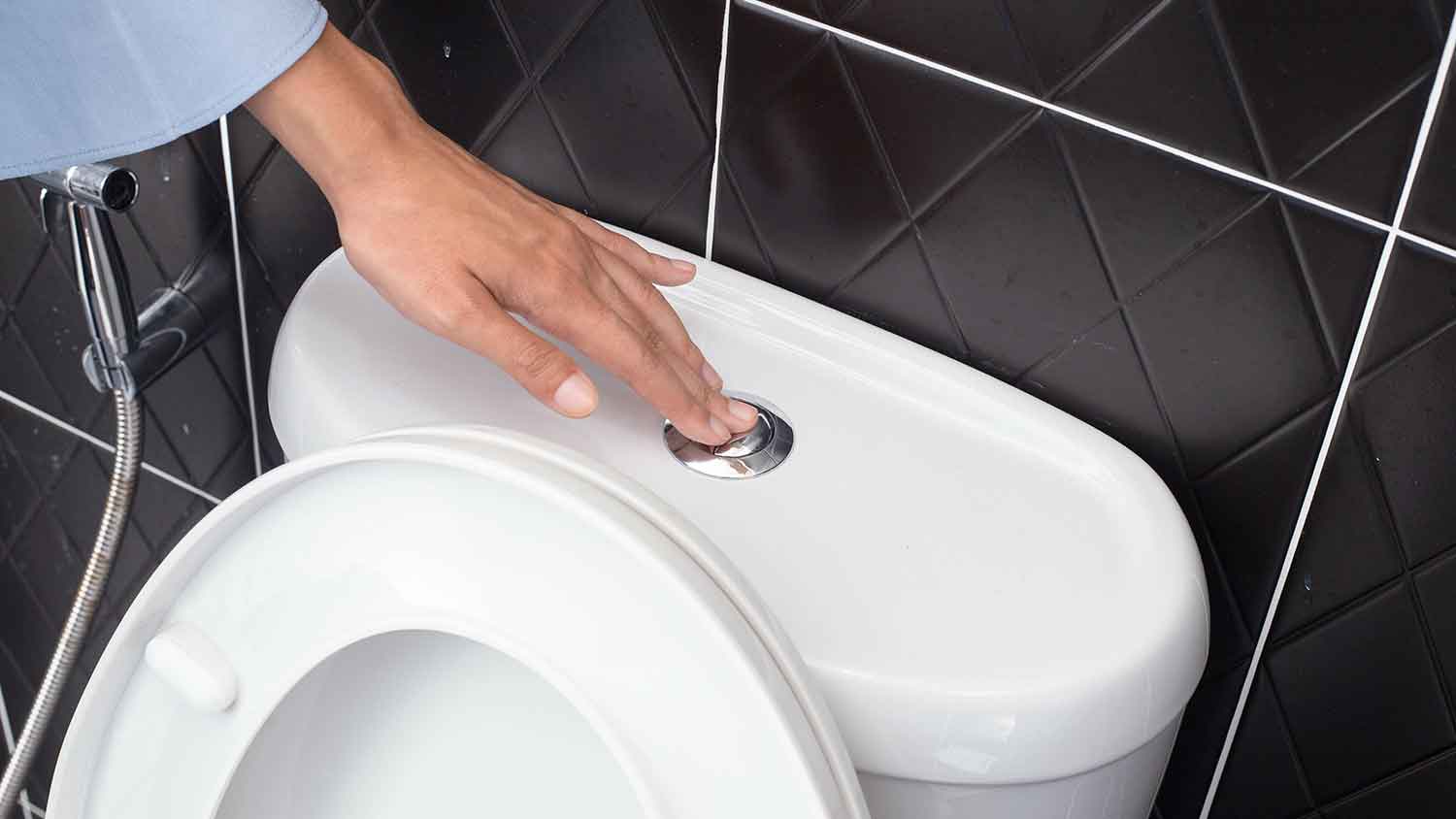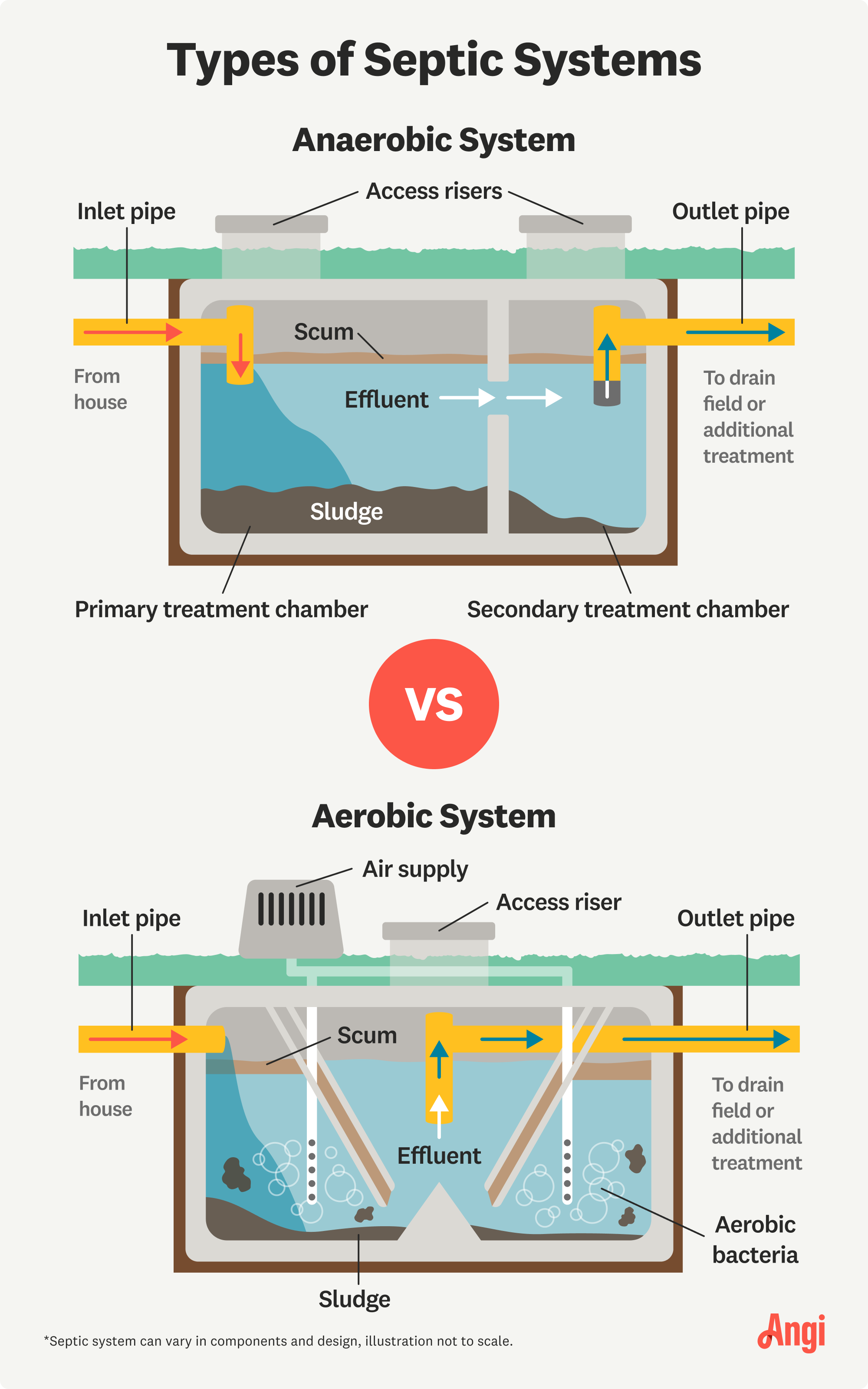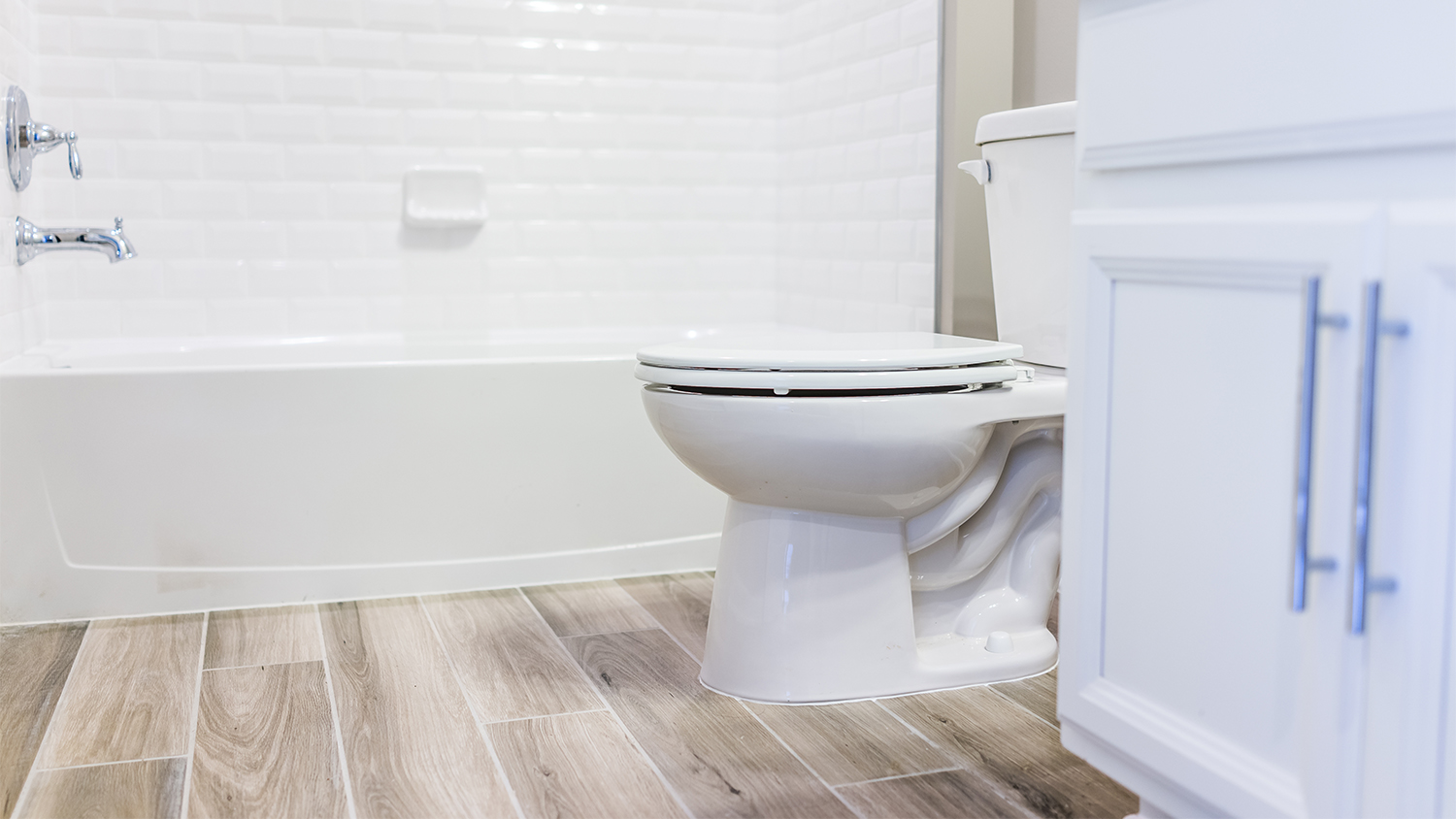
Need to know what sewer line replacement costs in Philadelphia, PA? This guide will help you prepare to budget for sewer line replacement done by local contractors.
Septic tank service costs depend on your project and location. Check with a local pro for your specific job.
Septic system installation in Atlanta is more affordable than the national average.
You’ll need a pro with a Georgia contractor’s license to complete your installation.
Georgia has a 1,000-gallon tank minimum for residential installations.
Clay soil in the Atlanta metro area can make installation tricky and raise the cost.
The cost to install a septic system in Atlanta is $3,990, and most homeowners spend between $6,325 and $6,325. The total cost depends on a number of factors, but one thing is for sure—Georgia is home to a surprising number of septic systems, far more than the national average. It’s a misconception that these systems are only for rural homes. If you’re looking to upgrade your system, here’s how the costs shake out.
According to a University of Georgia study, about 37% of homes use this type of waste management system, and an estimated 12,000 new septic systems are installed in the Atlanta metro area every year. Nonetheless, there are factors that can still drive up the price.
The septic tank size you need will depend on the number of bedrooms your home has. For a three- or four-bedroom home, you’d need a 1,250-gallon septic tank, which costs $1,200 to $3,000 for the tank alone.
While small septic tanks cost less than larger ones, Georgia requires a minimum of a 1,000-gallon tank. Larger houses need larger tanks because they have more sinks, toilets, bathtubs, and other wastewater sources that flow into the septic tank. As tank size increases, so do costs.
| Tank Size (Gallons) | Number of Bedrooms | Average Cost Range |
|---|---|---|
| 1,000 | 1–2 | $900–$1,500 |
| 1,250 | 3–4 | $1,200–$3,000 |
| 1,500 | 5 | $1,500–$4,000 |
| 2,000 | 6 | $2,000–$5,000 |
Septic tanks are commonly made of plastic, concrete, or fiberglass, with fiberglass being the most expensive. Here’s how much a tank costs based on each material.
| Material | Average Cost (Tank Only) | Pros | Cons |
|---|---|---|---|
| Concrete | $700–$4,000 | Highly durable and has the longest lifespan | Prone to cracks and is the most common option |
| Plastic | $1,000–$3,200 | Easy to install and budget-friendly | Least durable |
| Fiberglass | $1,500–$5,000 | Easy to install and resists cracking and algae growth | Most expensive |

Each type of septic system comes with its own set of pros and cons. While anaerobic systems are relatively low-maintenance, they aren’t great for small properties. Similarly, anaerobic systems can do well in small spaces but require extra work.
| Anaerobic | Aerobic |
|---|---|
| Anaerobic bacteria break down waste | Aerobic bacteria break down waste |
| More affordable | More expensive |
| Uses fewer chemicals | More efficient |
| Needs a larger leach field | Good for smaller properties |
Anaerobic: Anaerobic systems are more common and cost $3,000–$8,000. They’re less costly than aerobic systems and don’t need extra power or chemicals, but they’re less efficient and require a larger leach field. A pipe runs from the house to the septic tank, where another pipe runs into the leach field. Anaerobic bacteria break down solid waste before the system distributes the wastewater into the soil.
Aerobic: Aerobic septic systems utilize oxygen pumped into the tank to activate bacteria that feed on the solid waste. They’re more expensive at $10,000–$20,000 but are more efficient and work well on smaller properties. They require additional power to run, so hook yours up to a power generator in case of a power outage. Otherwise, these systems can plug into your property’s main power source.
Atlanta has a high prevalence of red clay soil that can hold onto moisture and make septic tank installation a bit more difficult. Some homeowners may find themselves turning to alternatives like engineered or mound septic systems, but an experienced local septic tank company will know how to handle it. They’ll have to prep the land and design the system correctly, which comes with some costs:
Land Survey: You’ll need to get a land survey before installing a septic system to ensure your plans fall within property lines. Expect to spend $330–$900 to hire a licensed land surveyor.
Percolation Test: Before the installation, you need a local perc test pro to perform a percolation test. The test measures water drainage in the soil, soil type, and the height of each sediment layer on your property to determine the best type of septic system for you. The cost to test your soil is $700–$2,000.
Leach Field Installation: Septic tank systems consist of a septic tank and a trench referred to as a leach field or drain field. This section of the system transports the wastewater back to the soil. Drain field installation costs $5,000–$12,000.
Septic system installation requires deep knowledge—especially if you need to account for the complicated soil conditions you might find in Atlanta. For this reason, all septic system installers in Atlanta must carry a Georgia license. Here’s how the labor costs break down.
Labor accounts for 50% to 70% of the total cost of septic tank installation. In Atlanta, contractors are licensed by the Georgia Department of Public Health, specifically the Environmental Health Section. Your contractor may carry one of three licenses: a soil classifier license (to evaluate the soil), an installer license (to install your system), and a pumper license (to pump the tank as part of regular maintenance).
All septic system installations require a permit from the Department of Public Health. To get the permit, you’ll need a soil level report, site approval, a survey of the property, and an inspection. Permits cost $250 to $500 for residential properties in the Atlanta metro area, depending on the county.
A working or new septic system won’t increase your home value. Either your home is connected to a sewer system, or it isn’t. That said, a broken, aging, or failing system can lower the value of your home because buyers will have to spring for the cost of septic tank repairs.
If you plan to sell your home, it’s a good idea to have your septic system inspected, particularly if it’s older or you’ve been noticing issues. Make the necessary repairs or, if it’s nearing the end of its lifespan, opt for a replacement.
Home is the most important place on earth, which is why Angi has helped more than 150 million homeowners transform their houses into homes they adore. To help homeowners with their next project, Angi provides readers with the most accurate cost data and upholds strict editorial standards. We survey real Angi customers about their project costs to develop the pricing data you see, so you can make the best decisions for you and your home. We pair this data with research from reputable sources, including the U.S. Bureau of Labor Statistics, academic journals, market studies, and interviews with industry experts—all to ensure our prices reflect real-world projects.
Want to help us improve our cost data? Send us a recent project quote to [email protected]. Quotes and personal information will not be shared publicly.
From average costs to expert advice, get all the answers you need to get your job done.

Need to know what sewer line replacement costs in Philadelphia, PA? This guide will help you prepare to budget for sewer line replacement done by local contractors.

Size, materials, and labor all determine the costs of an ejector pump replacement. Follow this guide to help you find the right ejector pump for your budget.

The average cost to connect to a public sewer line in Los Angeles, CA, depends on the linear footage, piping material, local regulations, and more.

Need to know what sewer line replacement costs in Phoenix, AZ? This guide will help you prepare to budget for sewer line replacement done by local contractors.

Follow this guide to learn how to get rid of a cesspool to save some money and transform your home into a more eco-friendly space.

Want to learn how to build a septic tank for your rural or off-grid property? First, check your local laws, then dive into these general guidelines.